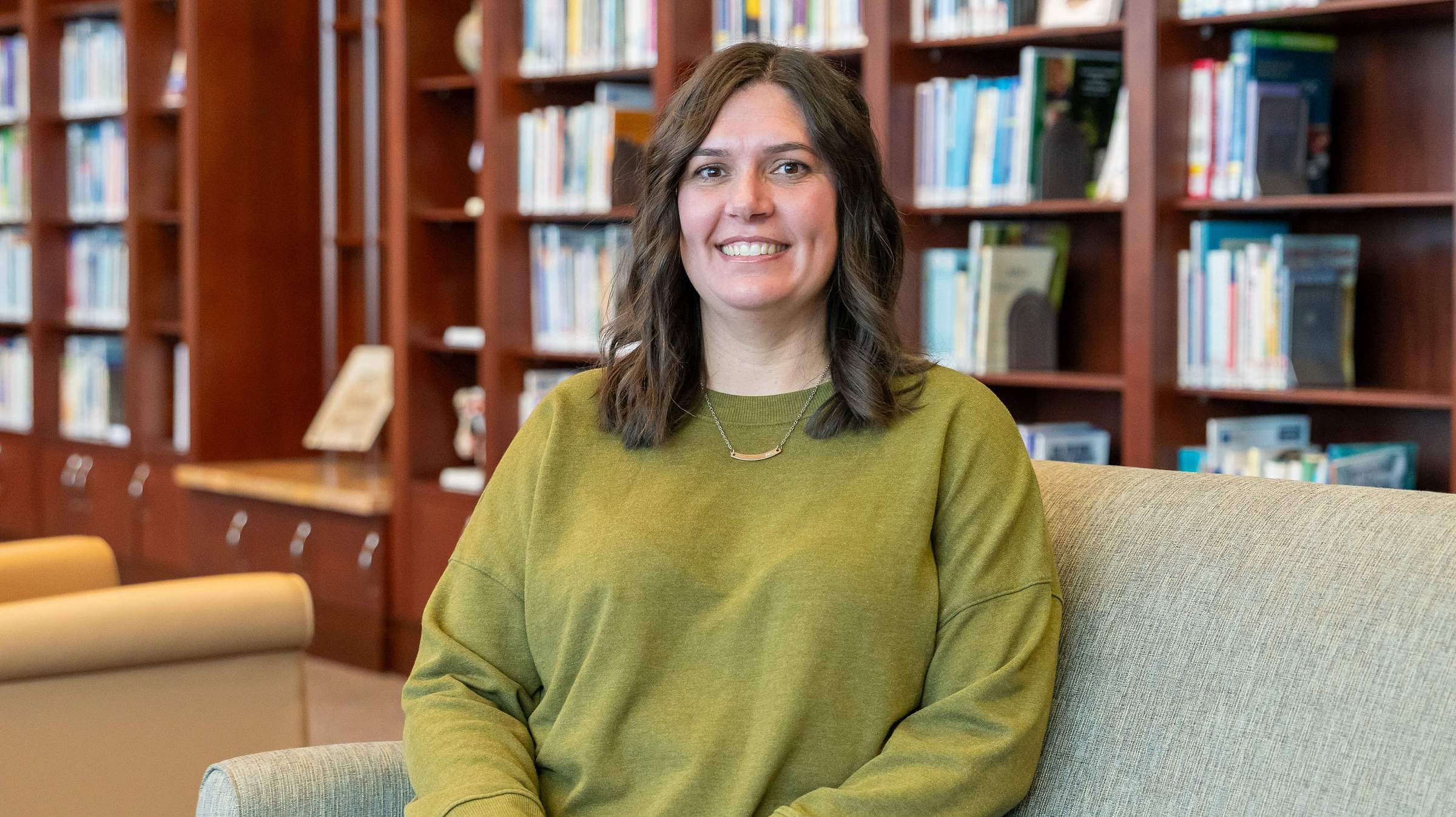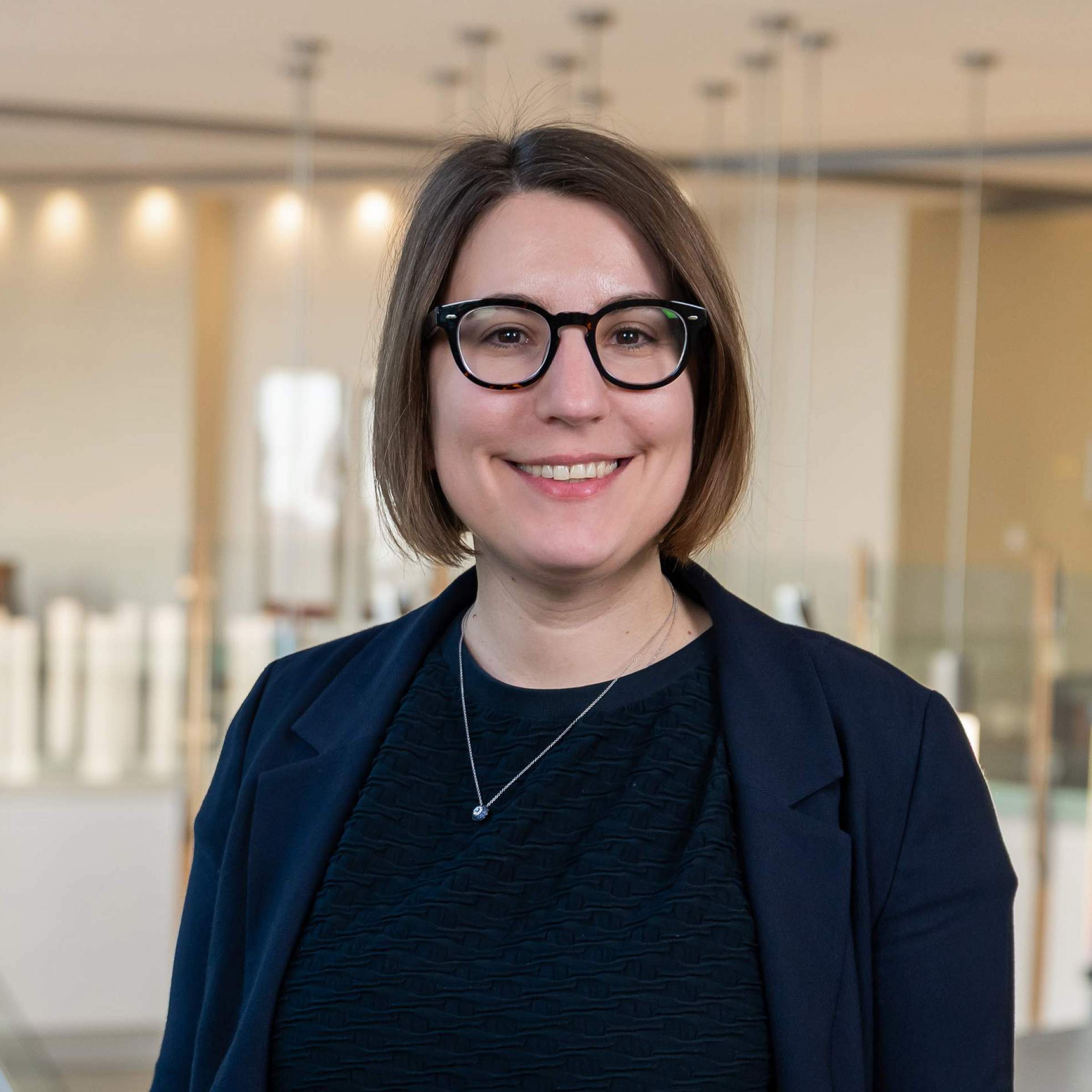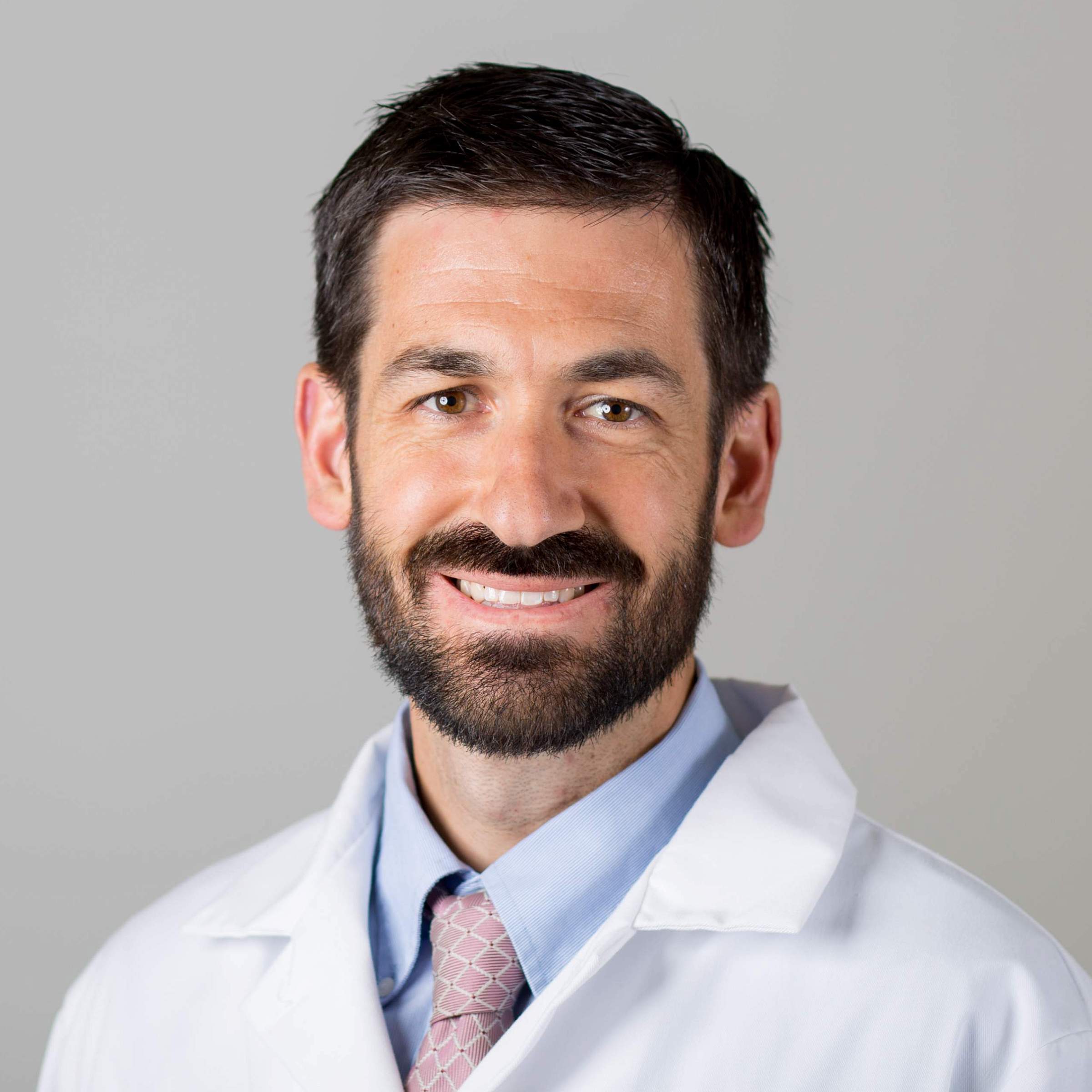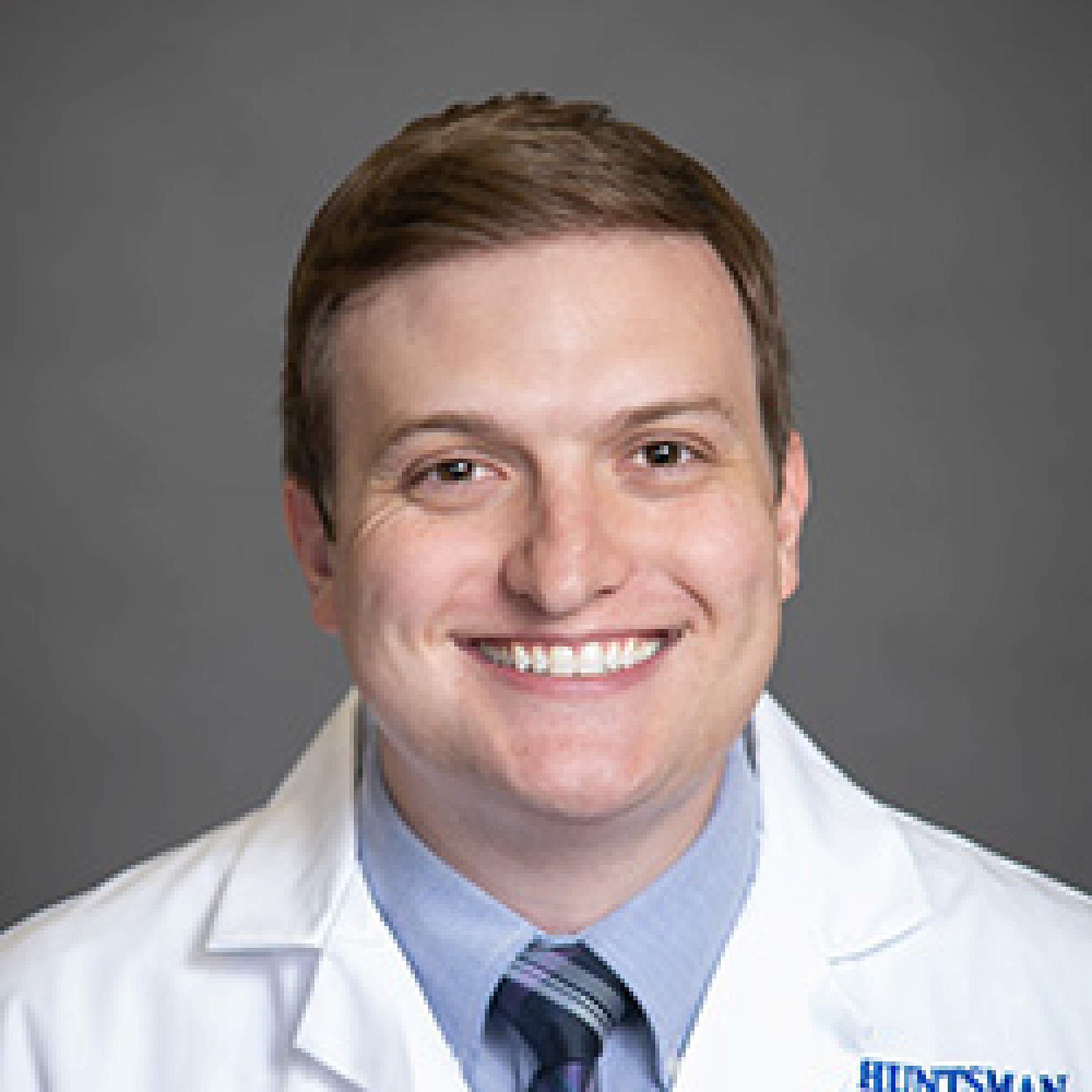About the Integrated Center for Early-Onset Colorectal Cancer
Colorectal cancer rates are on the rise in young people. We are leading the effort to understand, prevent, and treat this disease with compassion and innovation.
Huntsman Cancer Institute’s Integrated Center for Early-Onset Colorectal Cancer is one of the few centers in the country focused on the needs of young people diagnosed with colorectal cancer before the age of 50.
Our expert team—including medical oncologists, surgeons, and radiologists—specializes in treating early-onset colorectal cancer with a personalized, multidisciplinary approach. We offer advanced therapies and minimally invasive surgery to provide the best possible outcomes with fewer side effects.
Here, you’re not just getting treatment; you’re getting a team that’s fully invested in your care and your future.

Real Stories, Real Impact
When colorectal cancer disrupted her life, Huntsman Cancer Institute was there with answers. Read how our expert team helped Alina Wilson navigate the unexpected and why our research is changing the future for young adults facing this disease.
Comprehensive, Compassionate Support
Our team of specialists also understands that facing cancer at a younger age brings different questions, challenges, and priorities: from fertility and family planning to long-term health.
We’re here to help at every step by providing personalized, comprehensive support services tailored to your needs:
Fertility Preservation
Options for men and women whose fertility may be affected by cancer or its treatment
Psychosocial Support
Counseling and mental health services to help you cope emotionally and mentally
Social Work Support
Help navigating practical challenges like transportation, housing, and work-related concerns
Supportive Oncology
Symptom management and quality-of-life care during and after treatment
Financial Advocates
Guidance on insurance, billing, and financial assistance resources
Genetic Counseling and Testing
Personalized risk assessment and testing for patients and their families
High-Risk Gastrointestinal Clinic
Specialized care for individuals with increased genetic or familial risk
Physical Therapy
Rehabilitation services, including pelvic floor therapy, to support recovery and function
Sexual Health and Wellbeing Clinic
Support for changes in sexual health related to cancer or its treatment.
Wellness and Integrative Health
Services like massage therapy, nutrition support, and mindfulness to support whole-person healing
Research That Matters to You
Huntsman Cancer Institute is a national leader in research on early-onset colorectal cancer. We are home to the ColoCare study, the largest federally funded resource dedicated to understanding the causes and long-term impacts of this disease in young adults.
Through this and other groundbreaking research, we’re working to uncover why colorectal cancer is rising in younger populations and how we can prevent it, detect it earlier, and treat it more effectively.
Clinical Trials
With the largest Phase 1 clinical trials program in the Mountain West, Huntsman Cancer Institute offers access to innovative therapies not widely available. Our trials focus on improving outcomes through cutting-edge treatments and personalized approaches.
Make An Appointment With An Early-onset Colorectal Cancer Specialist
To make an appointment with an early-onset colorectal cancer specialist, fill out our appointment form or call 801-587-7000. Our team will determine if your insurance covers treatment at Huntsman Cancer Institute or if you need a referral from a primary care doctor.
External providers can refer a patient using the online referral form or by calling 801-587-7000 to speak to a patient registration specialist.
Early-Onset Colorectal Cancer Basics
- Colorectal cancer, cancer of the colon or rectum, is on the rise in people under the age of 50.
- For those over 50, colorectal cancer rates have decreased since the 1990s, likely due to improved treatments and increased screening.
- Rates for those under 50, however, are increasing by 2.4% each year in the United States—with devastating impacts.
- More young people are dying from colorectal cancer each year, with a 1% annual increase in death rates over the past decade.
- By the year 2040, colorectal cancer is projected to become the second most commonly diagnosed cancer—and the leading cause of cancer-related death—among individuals aged 20 to 49.
- The cause of this alarming trend is still unknown, but the rapid increase suggests that environmental or lifestyle factors may be contributing.
- Research at Huntsman Cancer Institute and elsewhere suggests that oxidative stress may contribute to colorectal cancer by promoting inflammation, DNA damage, and tumor development.
These could be signs of early-onset colorectal cancer:
- Blood in the stool
- Abdominal pain
- Change in bowel habits (constipation or diarrhea)
- Unexplained weight loss
Many other health problems can also cause these signs. If you have any of these signs, see your doctor as soon as possible.
A risk factor is anything that increases your chance of getting a disease. Talk with your doctor to learn more about your personal cancer risk.
- A personal history of colon or rectal cancer or high-risk colorectal polyps
- A family history of colon cancer or rectal cancer in a parent, child, or sibling
- Changes in certain genes that increase the risk of cancer, such as familial adenomatous polyposis (FAP) or hereditary nonpolyposis colorectal cancer (Lynch syndrome)
- A personal history of Crohn’s disease or chronic ulcerative colitis
- Having three or more alcoholic drinks per day
- Smoking
- Obesity
Learn more about cancer prevention and genetic counseling.









